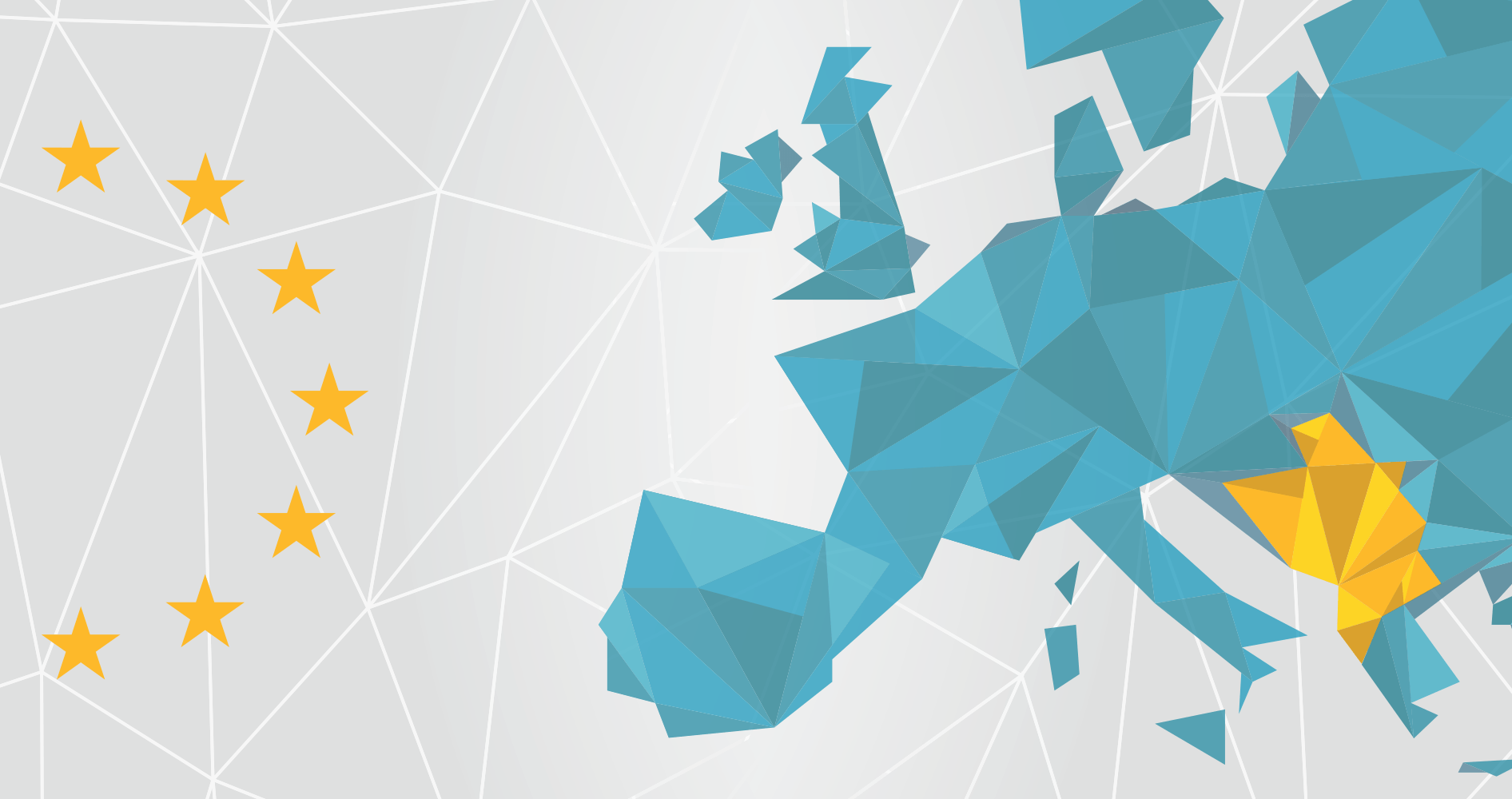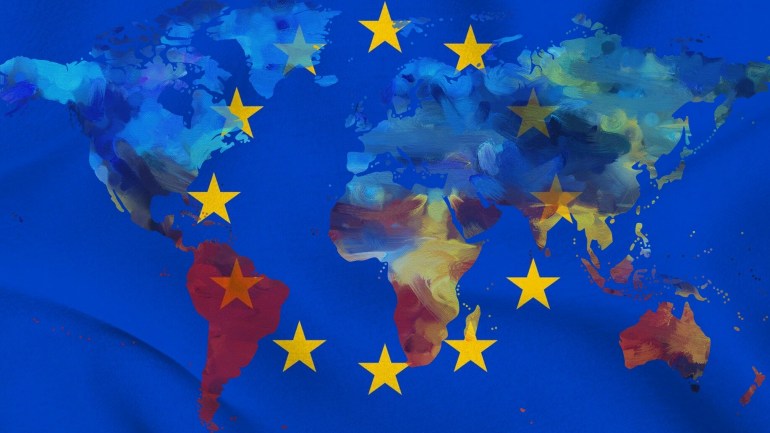
The political climate in the Western Balkans has become more volatile in recent years, characterized by an increase in bilateral tensions and a sharpening nationalist and at times warmongering rhetoric. A growing political polarization has also emerged throughout the region as well as within the single countries, exemplified by the increase in street protests against governing authorities and their misuse of the public good.[1]
Regional instability and growing nationalistic agendas have been accompanied by the onset of a military build-up, ranging from increased military spending and weapons procurement programs to controversial moves that purport to re-establish armed forces in sensitive geopolitical settings.[2] To make matters more worrying, the increase in military capabilities across the region is taking place against a backdrop of proposed land swaps[3], historical reunification projects and a changing global security environment.[4]
Click Here to Read the Entire Policy Paper
POLICY PAPER | Western Balkans and the Return to Arms: Can the EU stabilize the Region? | by @kulenovic_sasa
Link to the Paper: https://t.co/uOrPjv3JGs pic.twitter.com/UMkdb4F4GO
— Vocal Europe (@thevocaleurope) October 4, 2019
[1] https://europeanwesternbalkans.com/2019/03/17/protests-serbia-albania-montenegro-continue-demonstrators-take-radical-steps/
[2] https://emerging-europe.com/voices/a-new-military-build-up-in-the-balkans/



